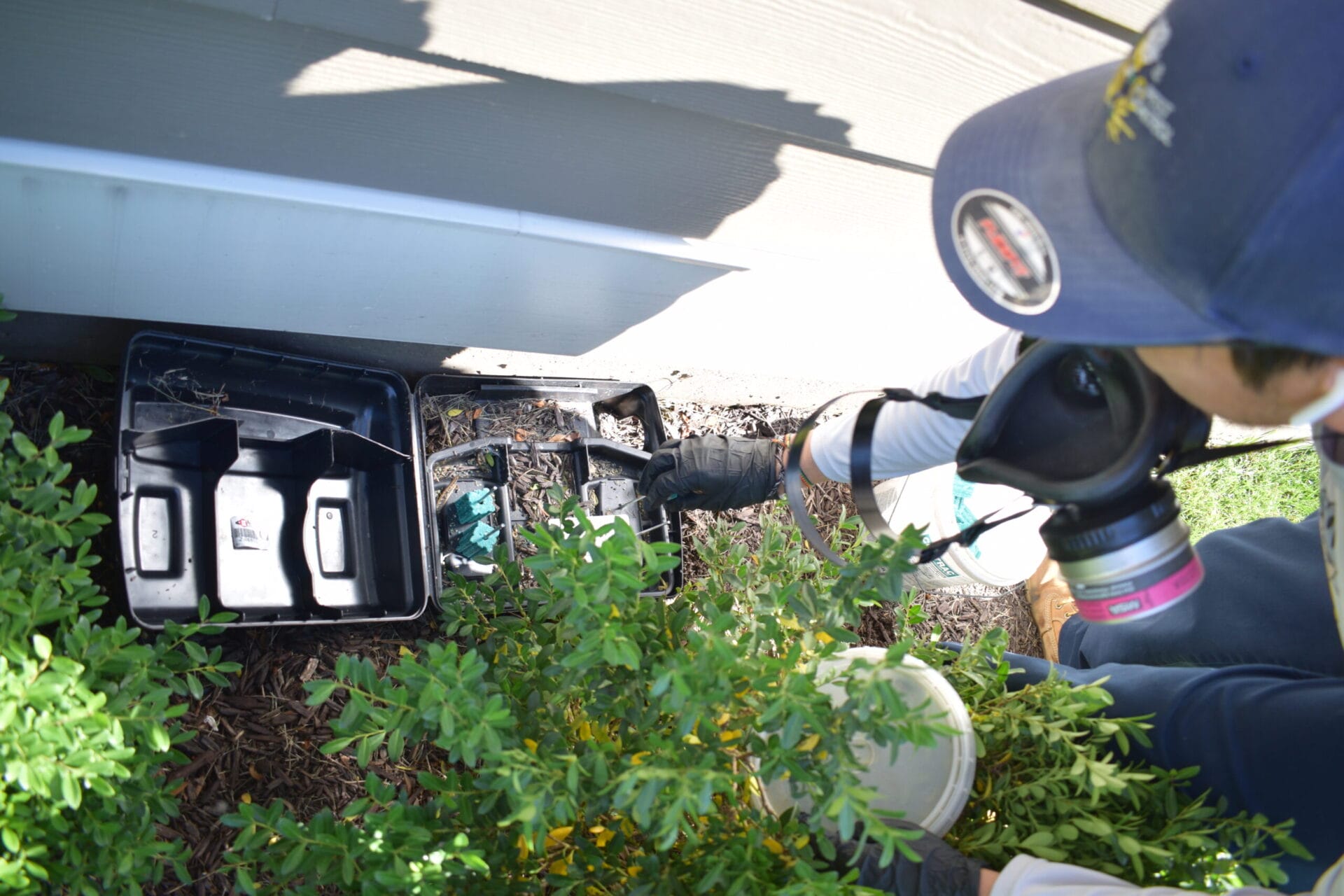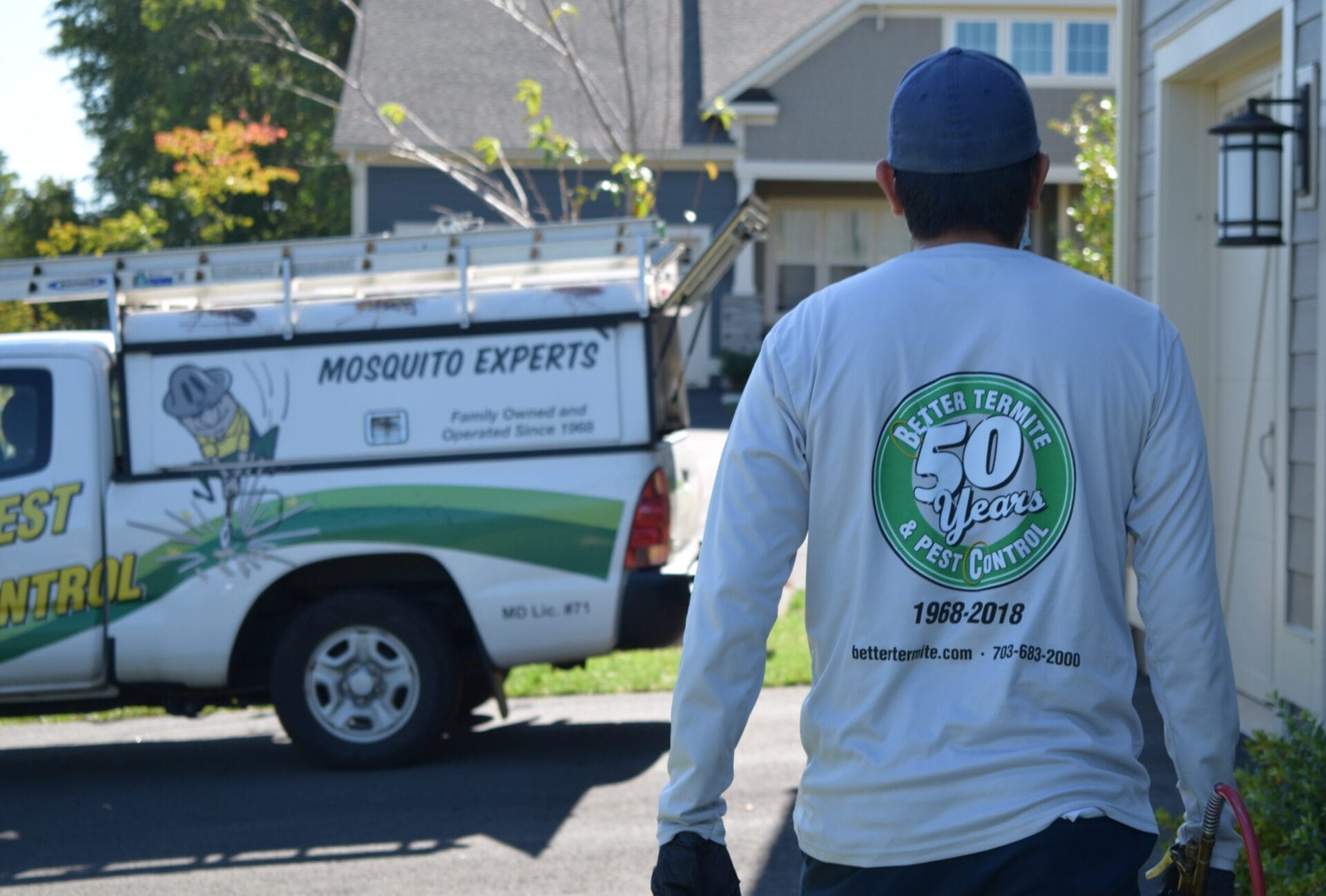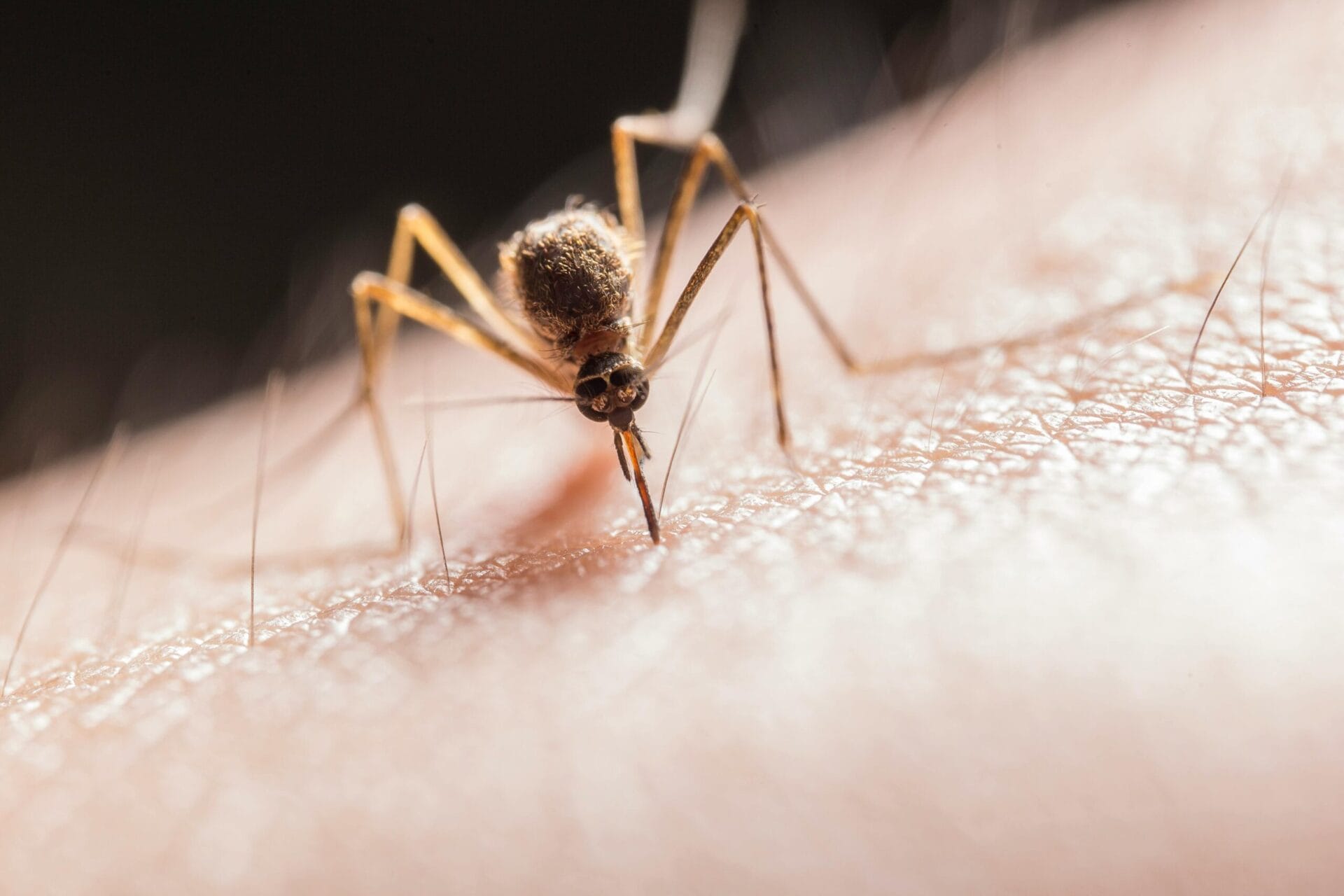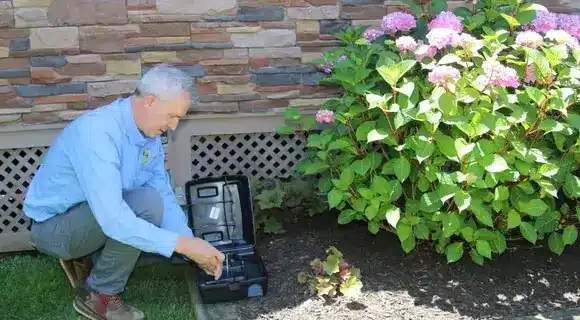


Termites can turn a peaceful household into a stressful situation if they go unchecked. Folks around the DC Metro region—whether in single-family homes or townhouses—often find themselves worrying about termite damage, infestation, and the costs of repairs. At Better Termite & Pest Control, we’ve spent decades refining our approach to help protect structures from these destructive insects. Let’s explore straightforward tips, answer your most pressing questions, and share how our family-owned pest control company so we can help with termite prevention and pest control.
Our story began in 1968, right here in the DMV, when the Schulz family founded Better Termite & Pest Control. From day one, we believed in a more thoughtful way to handle pests. Over the years, we built an internal research team that pored over thousands of studies, product labels, and reports to find termite control products we’d feel comfortable using at our own properties. We ended up removing 9 industry-standard chemicals from our treatments, replacing them with alternatives like Essentria, Sentricon, Borate-based solutions, and EcoVia. Today, as the third generation of Schulz family members keeps the business going, we are committed to local families who want a trustworthy partner to handle termite problems and other insects.
Termite infestations often develop in hidden spaces like walls, ceilings, and around a home’s foundation, which makes them tricky to detect at first. Before you even realize you have an active termite infestation, a termite colony could already be tunneling through support beams or dead wood in your yard. Subterranean termite species, the most common culprits in our area, build mud tubes along soil and crevices, looking for food sources in your wood framing. Left unchecked, these insects can cause significant structural issues, leading homeowners to scramble for urgent pest management professional help.
When it comes to termite prevention, most professionals agree on a combination approach: reduce moisture, remove wood-to-soil contact, and invest in regular termite inspections. It’s important to identify issues like leaks around the house, keep shrubs trimmed back from the foundation, and fill any cracks where termites can gain access. Subterranean termite species love damp conditions, so controlling excess water buildup can discourage termite activity before it ever begins.
You can certainly take some steps on your own: keep firewood stacked away from the house, fix leaks in the roof and around faucets, and ensure there’s proper drainage near your foundation. Basic yard maintenance—like clearing dead wood, trimming trees, and avoiding thick layers of mulch—goes a long way. These measures reduce easy feeding spots for subterranean termite or drywood termite colonies. That said, many homeowners prefer a pest control plan because a professional pest control company can spot early warning signs and apply termite treatment strategies you might overlook that is specifically designed for termite prevention.
The cost of fixing termite damage can be enormous if an infestation festers for too long. Considering how silently a termite colony can eat through wooden structures, being proactive often proves less expensive and less stressful. A comprehensive termite control plan also helps preserve a property’s market value. In short, prevention spares you from major headaches and higher bills down the line.
Termites dislike disrupted conditions. They thrive in hidden, moist areas. Anything that removes moisture, direct sunlight, or easy food sources (like piles of wood or leaf litter) pushes them away. Consistent yard work and building maintenance create an environment termites find unwelcoming. By denying them damp corners and rotting debris, you reduce the risk of termite infestation.
Termite control often uses a mix of pesticide applications, bait systems, and blocking potential entry points. At Better Termite & Pest Control, we favor solutions like Sentricon and Borate-based treatments because we’ve seen strong results. Our pest management professional will inspect, identify problem zones, and craft a targeted treatment plan. Learn more about plans we offer here.
One popular method involves Sentricon—a bait system installed in the soil around your property that targets subterranean termite species. Another effective approach is borate application on exposed wood, providing a protective barrier. Every home is different, so we tailor the termite treatment method based on the severity of the infestation and the type of termite species present.
DIY treatment can be tempting, especially if you’ve spotted a small swarm of termites or a single mud tube. While there are over-the-counter solutions, they often only eliminate the termite activity on the surface. A serious active termite infestation may remain hidden behind walls or under the foundation. It can be difficult to determine whether you have caught the issue early or whether this is a sign of more problematic issues For that reason, if you have a termite problem, it typically requires professional expertise. We always recommend a thorough inspection by a licensed pest control team.
Termites can be persistent. Permanent control usually means consistent vigilance: sealing crevices, managing soil moisture, removing tempting wood debris, and setting up a long-term protective plan. At Better Termite & Pest Control, we offer continuous monitoring, so if any new colony attempts to settle, we catch it fast and treat as needed.
Common signs include sagging ceilings, buckling floors, mud tubes near your foundation, and even small piles of wings near windows. Sometimes you’ll notice wood that sounds hollow when tapped, indicating tunnels within. Even if you suspect minimal damage, it’s wise to call a pest management professional to check your structures for a deeper issue.
Yes, in many cases. The earlier you detect the infestation, the simpler (and less costly) it is to address. Modern termite control products eradicate entire colonies, and skilled contractors can repair weakened structures. Homeowners often worry that termite-ridden buildings are doomed, but with prompt treatment and the right repairs, you can fully recover.
Costs vary based on the severity of the situation. Minimal structural harm might require only a basic repair, whereas advanced termite damage can call for major renovations. By staying vigilant and investing in prevention, you reduce the risk of a massive fix-it bill later.
Typically, this cost falls to the property owner. Most insurance policies don’t cover termite infestations since they’re considered preventable. That’s why many folks see ongoing termite prevention coverage as a smart decision. At Better Termite & Pest Control, we encourage a yearly check to catch any hint of termite activity before it spirals.
Keep an eye out for swarms—especially during warmer months—along with those discarded wings or mud tubes. Subtle clues might include tiny holes in wood surfaces, slight bulges in the walls, or subtle changes in the paint. If you see any of these, it’s time to call a pest control company to determine what’s really going on.
You may see mud tubes creeping up from the ground or soil to your home’s foundation. Sometimes there’s a grainy pile of what looks like sawdust (actually termite frass) near crevices or cracks. If you gently tap on a suspicious wood beam and it feels hollow, that’s another red flag. Active termite infestation typically involves living colonies still expanding their territory. Take quick action if you see these signs, so they don’t occur in more places.
Living with termites is more of a property risk than a health threat While termites don’t spread disease like some other pests, an unchecked issue can weaken a house. Over time, it may compromise structural elements such as support beams, floors, and ceilings. The sooner you address a known termite problem, the better off you’ll be. And better yet focusing on termite prevention can make sure you never end up in that situation.
We believe pest control should be straightforward. If you’re part of our ongoing plan and still see termites, we keep coming back—unlimited callbacks—until your termite problem is fixed. Plus, you’re never locked in. Cancel anytime with 30 days’ notice if you aren’t satisfied. It’s not about forcing you to stay; it’s about doing right by local families who trust us.
We’ve served more than 100,000 homes in the DC Metro area. Clients appreciate our small, local vibe combined with over 400+ five-star reviews. Our internal research team relentlessly examines the latest pesticide options, always striving to remove higher-risk elements. We also offer easy bundling options if you want to add mosquito, tick, or rodent coverage to your pest control package. We keep you informed after each visit with a detailed report of the work done and the products used, because clarity matters.
Whether you’ve discovered mud tubes along your foundation, suspect you have an active termite infestation, or simply want a routine check, we’re here to help. At Better Termite & Pest Control, we combine local history with modern research to protect your home from termites, ants, crickets, and other unwanted guests. Reach us by phone at 703-683-2000, or drop an email at [email protected]. Let’s work together to guard your biggest investment.





